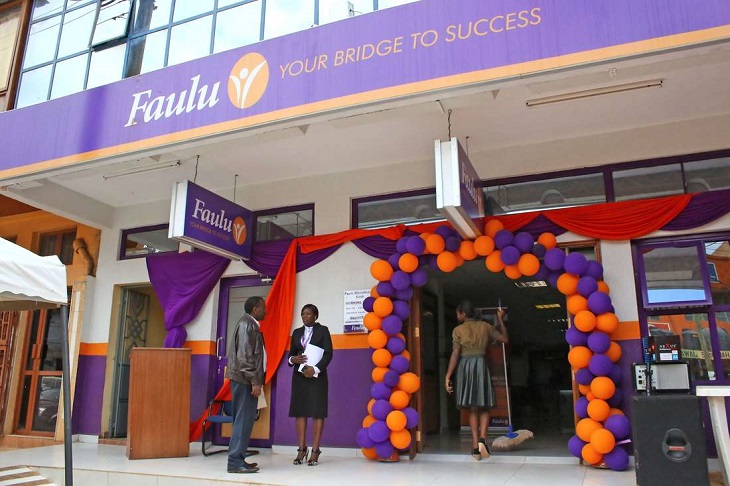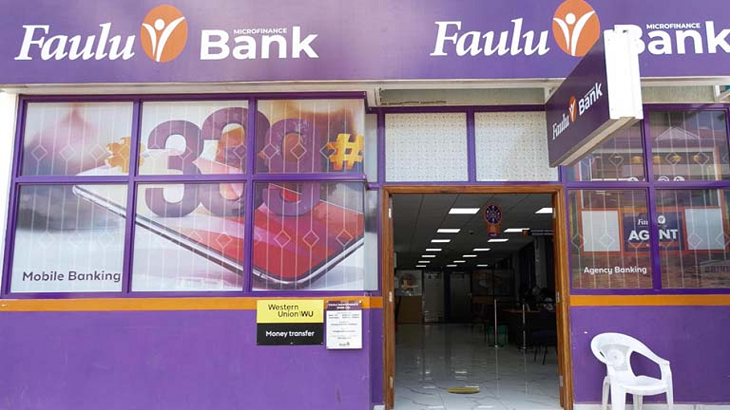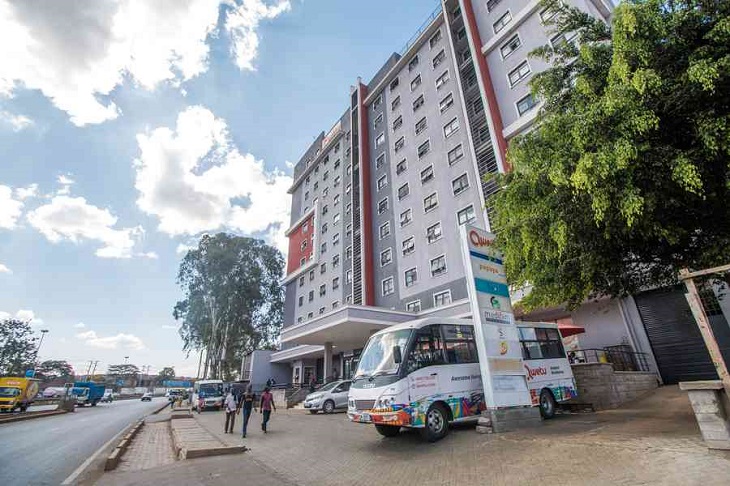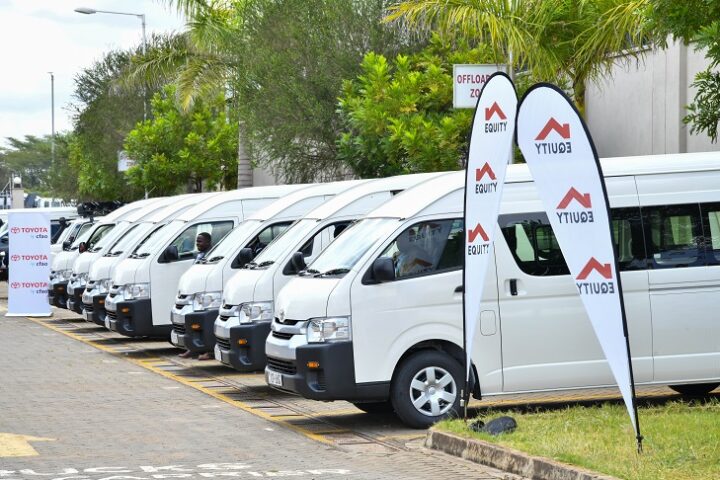Faulu Microfinance Bank kicked off countrywide Business Community Engagements aimed at supporting SMEs to build resilience in their businesses through access to financing from the bank.
This comes on the backdrop of the bank reviewing its Trade Finance Offering to offer competitive pricing, and flexible collateral and to improve efficiency for the existing 7.4 million SMEs in the country through a quick turnaround time.
Speaking during the inaugural SME Forum held in Thika, Faulu Microfinance Managing Director, Apollo Njoroge said, “the significance of SMEs in the country’s economy cannot be ignored. They play a pivotal role in job creation and contribute up to 8 percent to the GDP. It is because of this that we saw it fit to diversify our portfolio as a bank and while at it revamp our trade finance solutions to facilitate both local and international trade and commerce options for our SMEs”.
Some of the reviewed products include Bid bonds, Performance bonds, and Advance Payments Guarantees. Among the key changes in these offerings include the introduction of unsecured limits for performance bonds and the consideration of concessionary commissions for agents on a case-to-case basis.
Despite their major contribution to economic development, SMEs face immense challenges such as access to finance, access to markets, access to information, access to technology, lack of management skills, and unsupportive policies. These, notwithstanding a deposit portfolio of Ksh 577.6 billion and a loan book of Ksh.638.3 billion. Microfinance banks control at least 5 percent or Ksh 33 billion of the SME portfolio in Kenya while commercial banks control 95% which is valued at Ksh.605 billion.
To reduce the risk exposure for the SMEs, Faulu, guided by its Faulu 3.0 philosophy of being part of a social and economic movement transforming lives and empowering all Kenyans will seek key partnerships with reputable underwriters.
The Business Community Engagement forums have already been executed in Thika and Nakuru, the regional forums have been scheduled to take place in six to ten counties until year-end.












